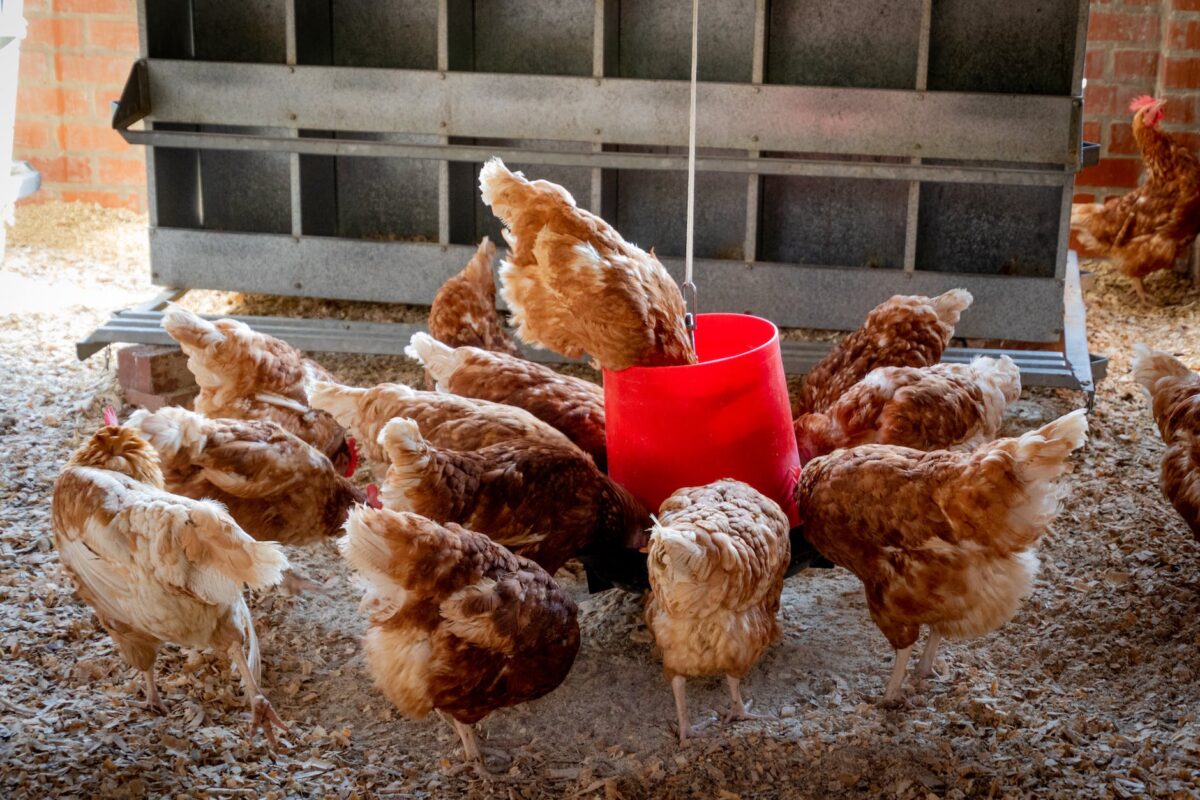Tryptophan
Tryptophan Amino Acid for Feed: Enhancing Animal Nutrition and Performance
Introduction
Animal nutrition plays a crucial role in ensuring the health, growth, and performance of livestock. To meet the specific dietary requirements of animals, various supplements and additives are utilized in animal feed. One such important component is tryptophan, an essential amino acid. This article delves into the significance of tryptophan in animal nutrition, its benefits, and its impact on animal growth and performance.
Understanding Tryptophan: The Essential Amino Acid
Role of Tryptophan in Animal Health
Tryptophan is an indispensable amino acid, meaning it cannot be synthesized by animals and must be obtained through their diet. It serves as a building block for protein synthesis and is essential for various physiological processes in animals. Tryptophan also acts as a precursor for the synthesis of important molecules such as serotonin and niacin, which play crucial roles in regulating mood, behavior, and overall health.
Sources of Tryptophan
Tryptophan can be found in both plant and animal-based feed ingredients. Plant-based sources include soybeans, corn, wheat, and various oilseeds, while animal-based sources include fishmeal and meat by-products. However, the levels of tryptophan in these feed ingredients may not always meet the optimal requirements of animals, necessitating the supplementation of tryptophan in animal feed.
Benefits of Tryptophan Supplementation
Enhanced Protein Synthesis
As an essential amino acid, tryptophan is a vital component in the synthesis of proteins in animals. By supplementing tryptophan in animal feed, the availability of this important amino acid is increased, leading to improved protein synthesis. Enhanced protein synthesis promotes muscle growth, tissue repair, and overall development in animals, thereby positively impacting their growth and performance.
Mood Regulation and Stress Reduction
Tryptophan serves as a precursor for serotonin, a neurotransmitter involved in regulating mood, behavior, and stress response. By supplementing tryptophan in animal feed, the levels of serotonin can be increased, promoting positive moods and reducing stress in animals. This is particularly important in stressful situations such as weaning, transportation, or changes in the environment, where tryptophan supplementation can contribute to the overall well-being of animals.
Improved Nutrient Utilization
Tryptophan plays a role in optimizing nutrient utilization in animals. By ensuring adequate levels of tryptophan in animal feed, the digestion and absorption of other nutrients, such as proteins and carbohydrates, can be enhanced. This improved nutrient utilization results in more efficient conversion of feed into energy, leading to better growth rates, feed efficiency, and overall performance in animals.
FAQs (Frequently Asked Questions)
Q: Is tryptophan supplementation necessary for all animals?
A: Tryptophan supplementation may be necessary in certain cases where the dietary levels of tryptophan are inadequate to meet the animal’s requirements. Factors such as the animal species, age, production stage, and specific nutritional needs should be considered when determining the need for tryptophan supplementation.
Q: Are there any side effects of tryptophan supplementation in animal feed?
A: When used as recommended, tryptophan supplementation is generally safe for animals. However, excessive levels of tryptophan in the diet can disrupt the balance of other amino acids and may have negative effects on animal health and performance. It’s important to follow proper dosage guidelines and consult with a nutritionist or veterinarian to ensure appropriate supplementation.
Q: Can tryptophan supplementation improve animal behavior?
A: Tryptophan is a precursor for serotonin, a neurotransmitter involved in mood regulation. By supplementing tryptophan in animal feed, serotonin levels can be increased, which may contribute to improved behavior and reduced stress in animals.
Q: Can tryptophan supplementation replace other amino acids in animal feed?
A: Tryptophan supplementation cannot entirely replace other essential amino acids in animal feed. Each amino acid has specific functions and requirements in the animal’s body. A balanced combination of amino acids, including tryptophan, is necessary for optimal growth and performance.

